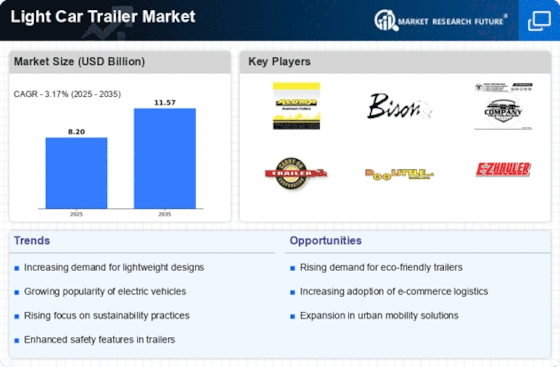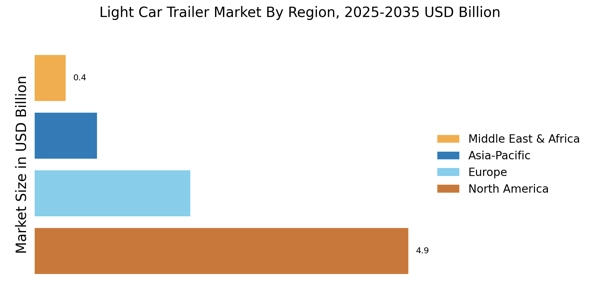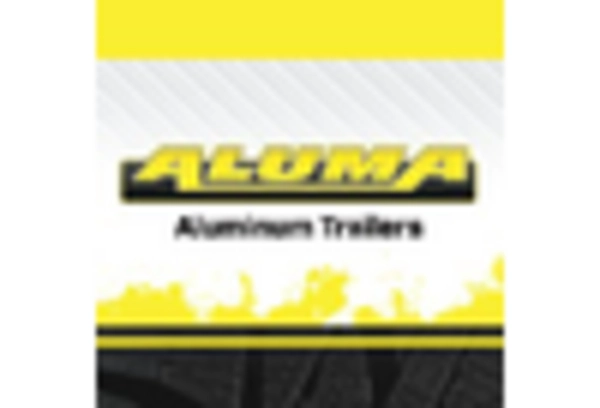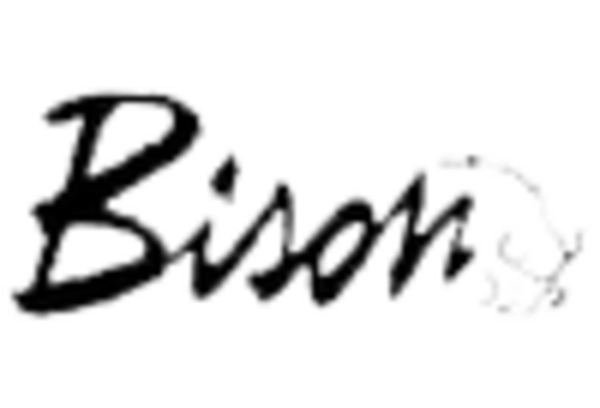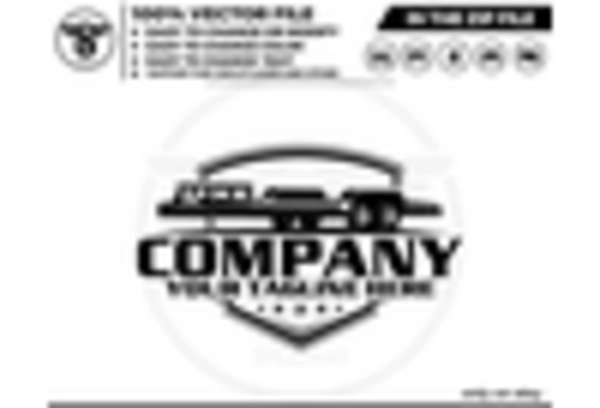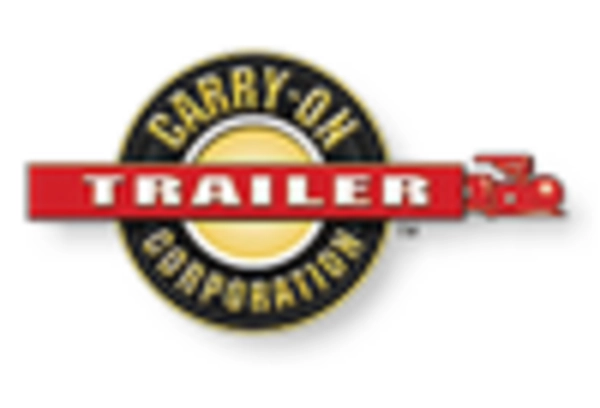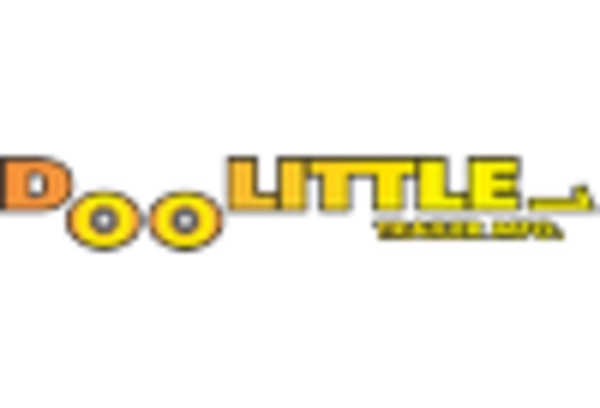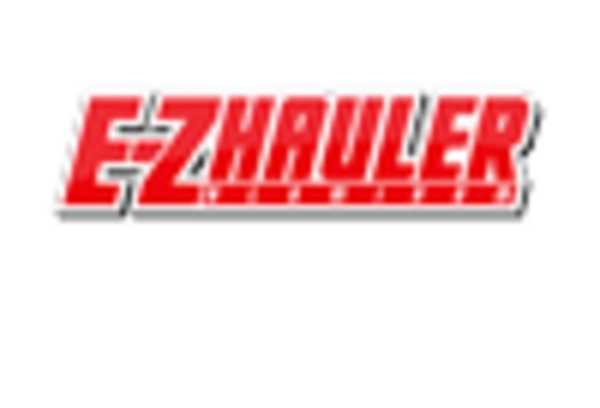E-commerce Growth and Last-Mile Delivery
The Light Car Trailer Market is positively impacted by the growth of e-commerce and the need for efficient last-mile delivery solutions. As online shopping continues to gain traction, businesses are increasingly seeking lightweight trailers to facilitate the transportation of goods. The demand for light car trailers is expected to rise as companies look for cost-effective and flexible delivery options. Market data indicates that the e-commerce sector has expanded by over 25% in the past year, creating a substantial opportunity for light car trailer manufacturers. This driver highlights the potential for innovation in trailer design, as businesses require trailers that can accommodate varying loads while remaining lightweight and easy to maneuver.
Environmental Concerns and Fuel Efficiency
The Light Car Trailer Market is significantly influenced by growing environmental concerns and the demand for fuel-efficient solutions. As consumers become more environmentally conscious, there is a marked preference for lightweight trailers that minimize fuel consumption during towing. Market analysis suggests that lightweight trailers can improve fuel efficiency by up to 20% compared to their heavier counterparts. This trend aligns with broader sustainability goals, prompting manufacturers to innovate and produce eco-friendly materials and designs. The emphasis on reducing carbon footprints resonates with consumers, thereby driving the demand for light car trailers that offer both functionality and environmental benefits. Consequently, this driver is likely to shape the future landscape of the light car trailer market.
Rising Popularity of Recreational Activities
The Light Car Trailer Market experiences a notable surge in demand due to the increasing popularity of recreational activities such as camping, boating, and outdoor sports. As more individuals seek to engage in leisure pursuits, the need for lightweight and easily transportable trailers becomes apparent. This trend is reflected in market data, which indicates that the sales of light car trailers have risen by approximately 15% over the past year. Consumers are increasingly prioritizing convenience and mobility, leading to a greater inclination towards lightweight options that can be towed by smaller vehicles. This shift not only enhances the appeal of light car trailers but also contributes to the overall growth of the market, as manufacturers respond to evolving consumer preferences with innovative designs and features.
Urbanization and Increased Vehicle Ownership
The Light Car Trailer Market is experiencing growth driven by urbanization and the rising rate of vehicle ownership. As urban areas expand, more individuals are seeking practical solutions for transporting goods and recreational equipment. The increase in vehicle ownership, particularly among younger demographics, has led to a heightened interest in light car trailers that can be easily towed by compact cars. Recent statistics indicate that urban vehicle ownership has increased by 10% in the last two years, further fueling the demand for lightweight trailers. This trend suggests that as urban lifestyles evolve, the light car trailer market will continue to adapt, offering versatile solutions that cater to the needs of urban dwellers.
Technological Innovations in Trailer Manufacturing
The Light Car Trailer Market is witnessing a transformation due to technological innovations in trailer manufacturing. Advancements in materials and design techniques have led to the production of lighter, more durable trailers that meet consumer demands for efficiency and performance. Innovations such as the use of high-strength aluminum and composite materials have enabled manufacturers to reduce the weight of trailers without compromising structural integrity. This trend is reflected in market data, which shows that the introduction of new technologies has contributed to a 12% increase in sales of light car trailers over the past year. As technology continues to evolve, the light car trailer market is likely to see further enhancements, making trailers more appealing to a broader audience.


